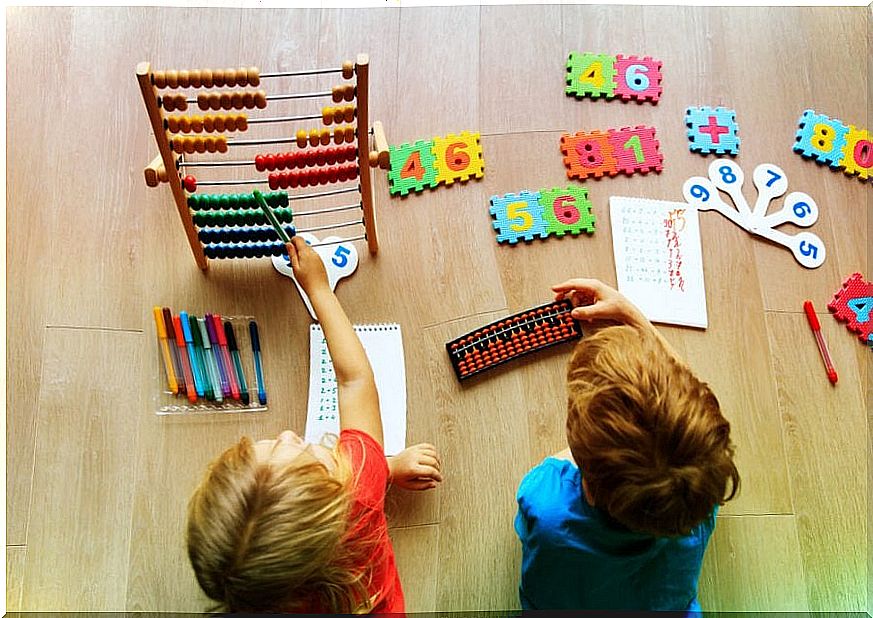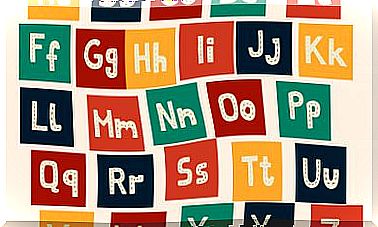Mathematical Intelligence In Children
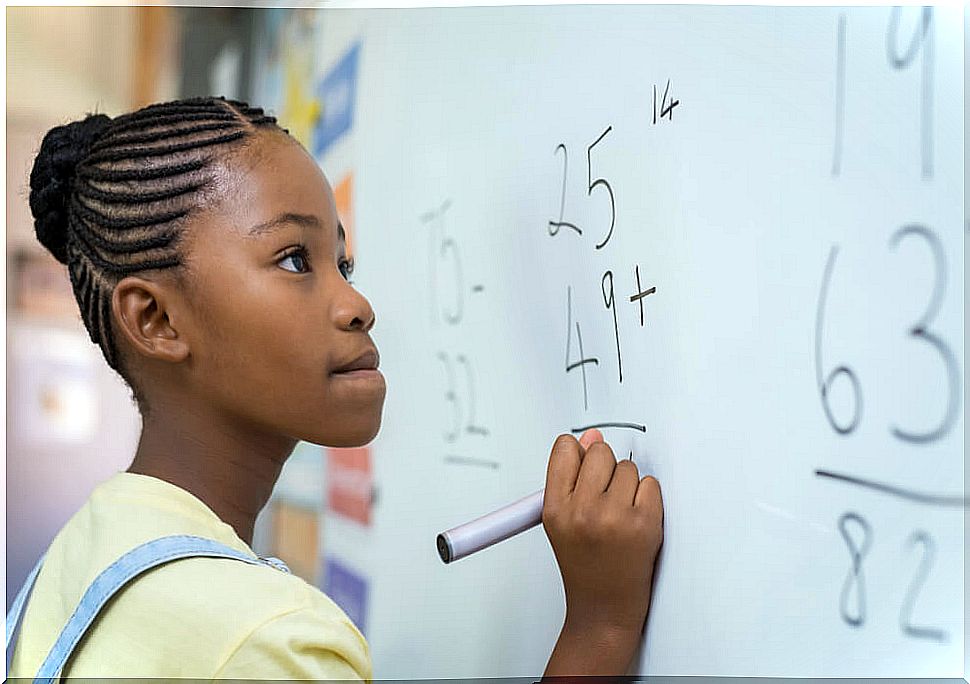
The learning and training of mathematical intelligence in children is essential for cognitive development. In fact, mathematical competence is what is needed to describe and analyze:
- The amounts.
- Space.
- The forms.
- The changes
- The relationships
- Uncertainty and chance.
Therefore, it is very present in all aspects of people’s lives. Therefore, children, from a young age, must learn to appreciate and understand them.
Mathematical intelligence in children
According to Howard Gardner, logical-mathematical intelligence is the ability to use numbers effectively and to reason properly. This includes the following skills:
- Analyze situations in a logical way.
- Solve mathematical problems.
- Use and represent numerical quantification systems.
- Take on challenges based on discovery.
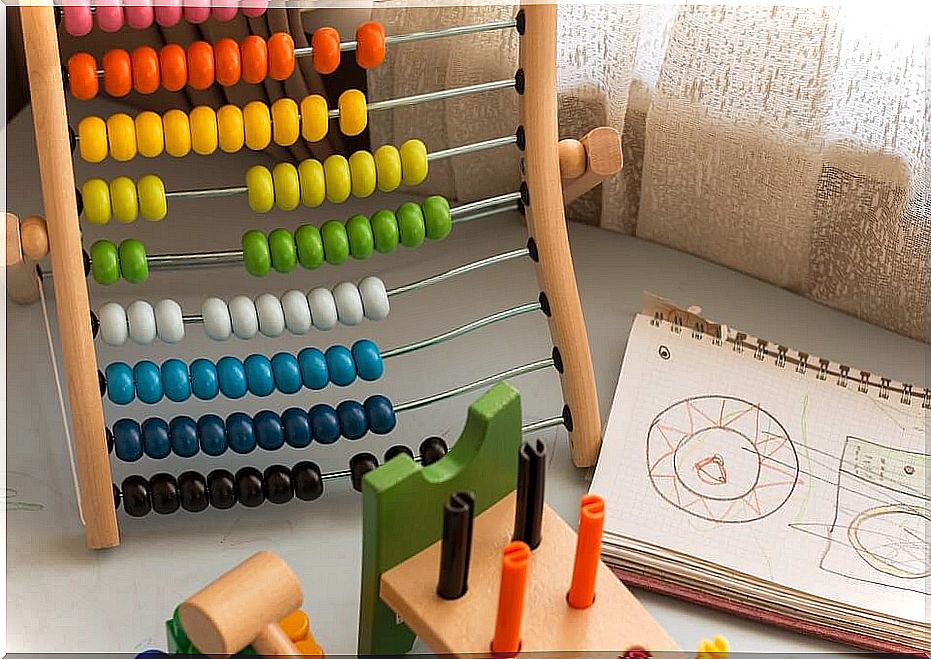
To acquire these skills, children need to feel comfortable with numbers and the tasks that are related to their use. Likewise, it is essential that they learn to understand the information that is presented in mathematical terms.
Thus, according to María del Carmen Chamorro, the dimensions of mathematical ability that children must learn during school are as follows:
- Conceptual understanding of mathematical notions, properties and relationships.
- Development of procedural skills.
- Strategic thinking : formulate, represent and solve problems.
- Communication skills and mathematical argumentation.
- Positive attitudes towards mathematical situations.
- Awareness of one’s own mathematical abilities.
Teaching mathematics at school
In the current educational system, the teaching of mathematics is focused in a routine and repetitive way , so that calculation and arithmetic exercises are carried out continuously until it is automated.
Therefore, the mathematical activities that are proposed in school are based on memorizing a series of steps to reach the solution. Thus, in many cases, children solve tasks mechanically without actually using reflection and logical reasoning to find the correct answer to the exercise.
To remedy this problem, teachers must abandon the traditional teaching methodology and apply more practice. That is, students have to learn mathematics through realistic activities that exemplify the usefulness of numerical knowledge.
In this sense, several innovative elements are included within competency-based education and they are:
- Promote an active attitude in the process of learning mathematics.
- Encourage satisfaction and fun towards mathematics through playful tasks.
- Develop creativity in problem solving.
- Promote the manipulation of mathematical objects.
- Reflect on the acquisition of logical thinking.
- Build self-confidence.
- Promote the transfer of mathematical knowledge to everyday life.
- Develop the ability to use new technologies effectively.
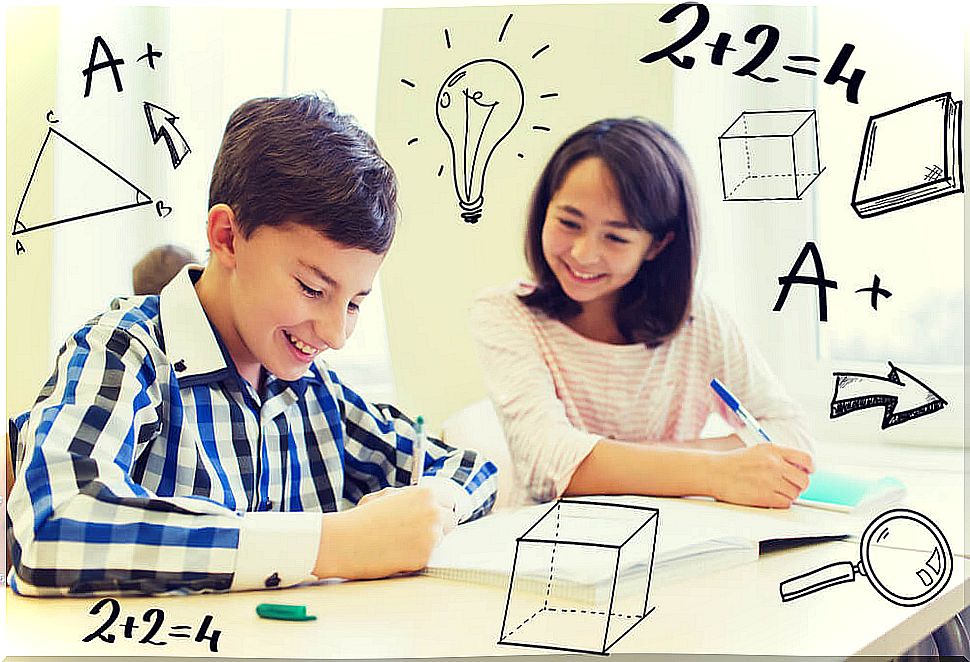
The importance of developing mathematical intelligence
Developing mathematical intelligence is essential to live in culture and in today’s society, since this intellectual capacity allows us to understand schedules, maps, graphs, tables, analysis, etc. It also provides the basic skills to make purchases, sales, invoices, trips, recipes, etc.
That is, thanks to knowing and understanding logic and numerical calculation, many of the tasks that one encounters on a daily basis can be carried out. On the other hand, mathematical intelligence encourages critical and divergent thinking, which is essential for:
- Carry out debates and discussions defending ideas with certain criteria.
- Select and understand the information provided by the media, especially if it is related to mathematical aspects.
- Look for patterns and relationships between ideas and concepts.
- Pay attention to the details.
In this sense, the following reflection that is exposed in the Manual of Mathematics and its Didactics for Teachers of the University of Granada should be highlighted :
-Godino, Batanero and Font-
